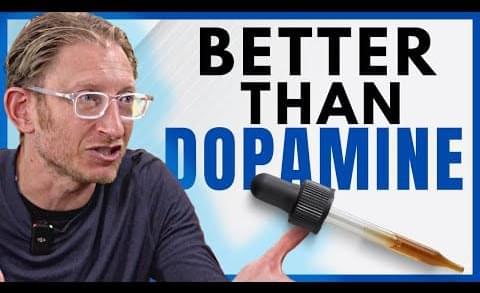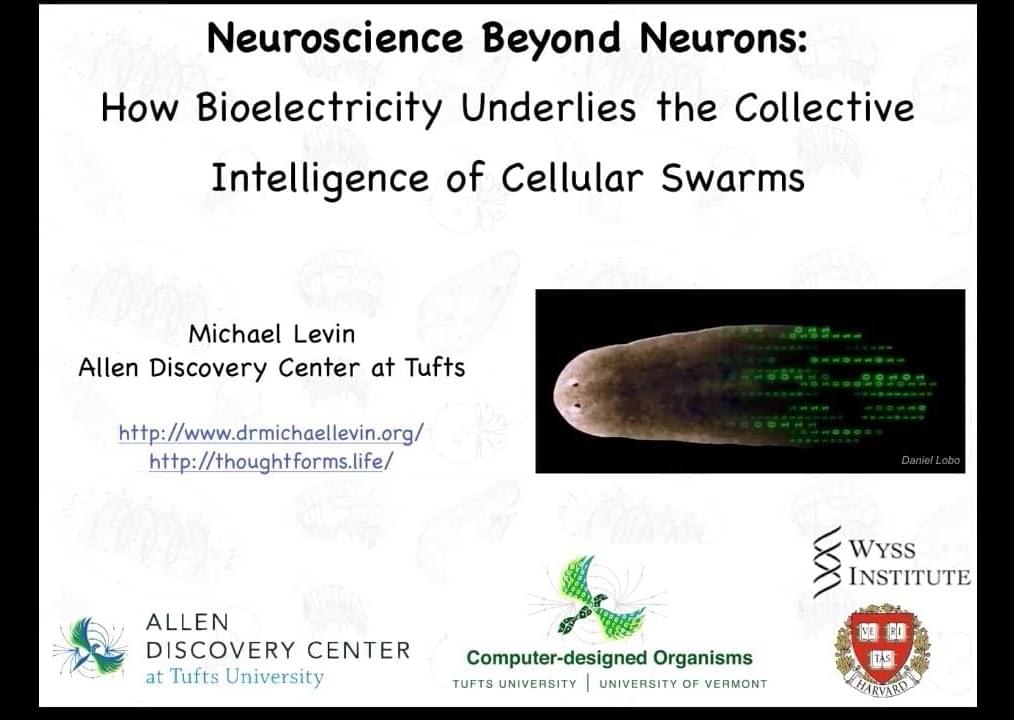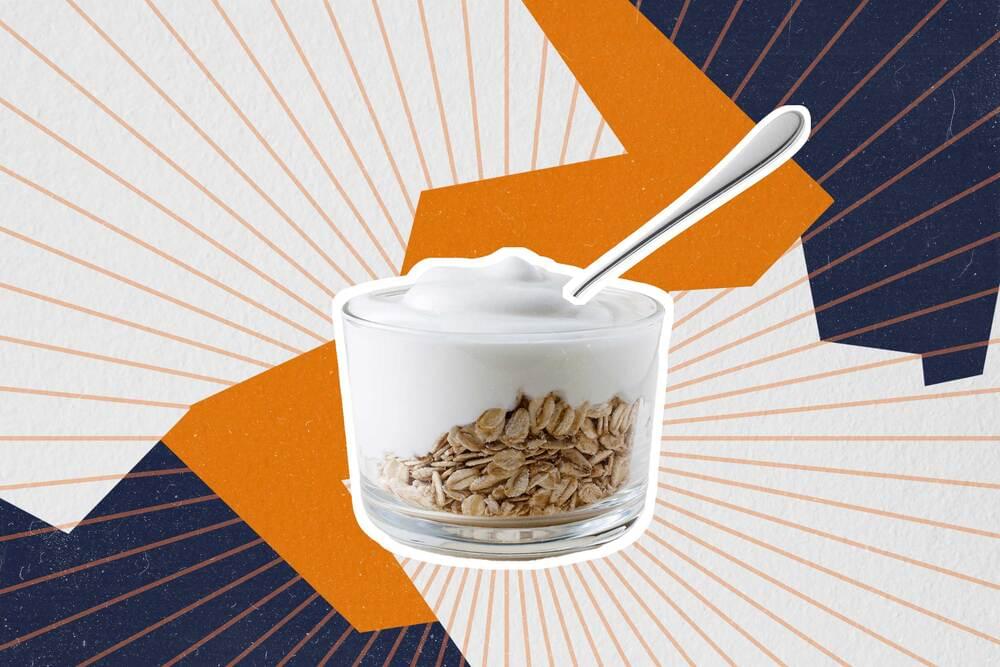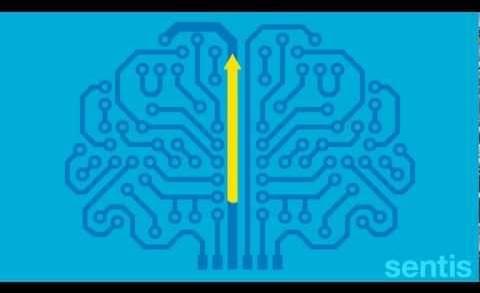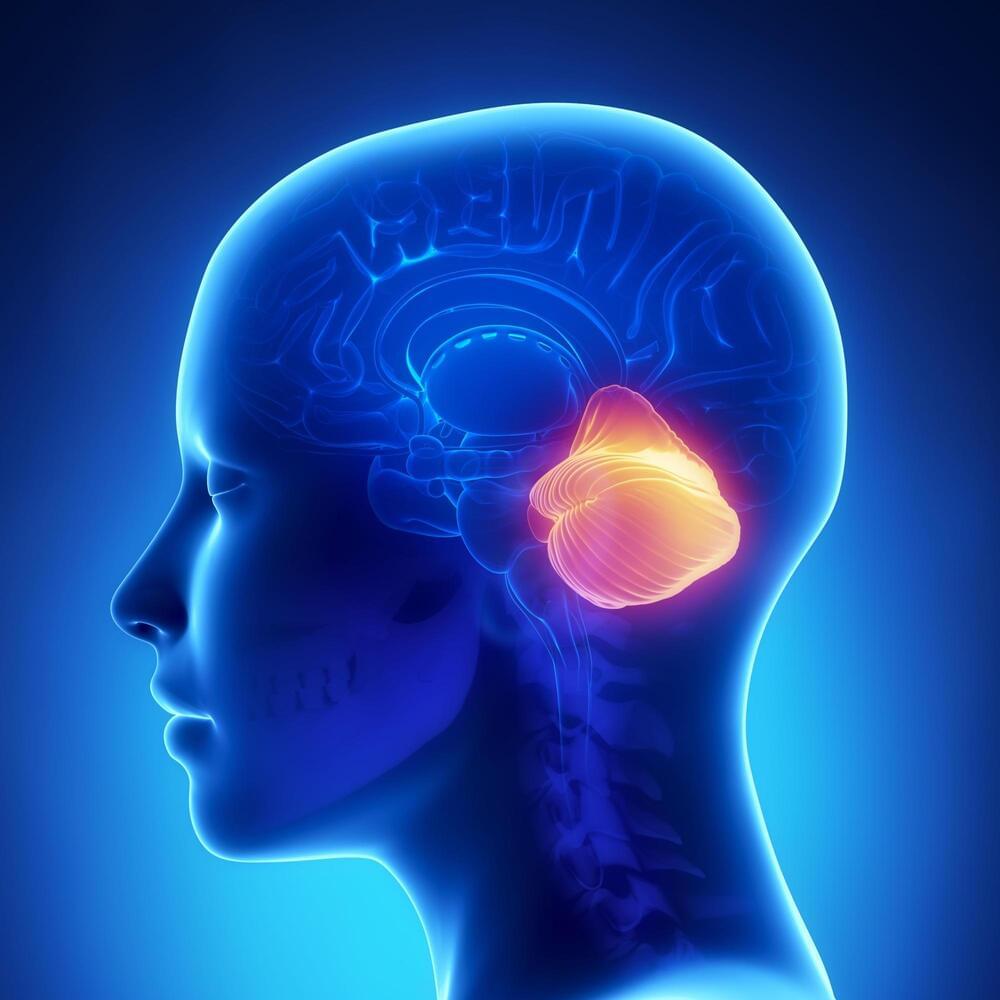Dec 8, 2023
Does Psychology Have A Negative View Of Masculinity?
Posted by Chris Smedley in category: neuroscience
Dr John Barry is a Chartered Psychologist and Professional Researcher, Co-Founder of The Centre for Male Psychology and a leading expert in male psychology including men’s mental health. Men and women both need help with their mental wellbeing, now more than ever. Yet there seems to be a particular blindness when it comes to men’s mental health and how to treat it, plus how to effectively communicate with men about their issues. Expect to learn why traditional masculinity is seen as problematic by the American Psychological Association, the most important factors that impact the wellbeing of a sample of over 4,000 men, the unique challenges that male psychology poses, how important it is for men to have a partner in life.


